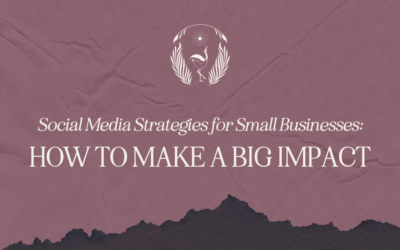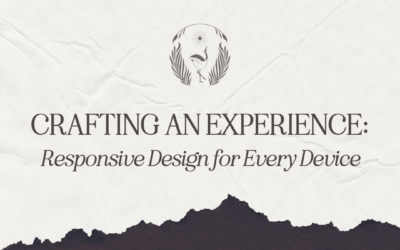
Overcoming Imposter Syndrome in Your Business
Imposter syndrome is a common struggle for many professionals, including brand designers and small business owners. Whether you’re a seasoned expert or just starting out, feeling like you’re not good enough can impact your work and well-being. Here’s how you can overcome these feelings and build confidence in your business.
Understanding Imposter Syndrome
Imposter syndrome is when you feel like you’re not as capable as others think you are. It often shows up as:
- Self-doubt: Constantly questioning your skills and achievements.
- Attributing success to luck: Believing your success is due to chance rather than your abilities.
- Fear of exposure: Worrying that others will find out you’re not as talented as they think.
For all kinds of small business owners, these feelings can be particularly tough due to the high expectations and pressures in your work.
Tips to Overcome Imposter Syndrome
- Acknowledge Your Feelings: The first step is to admit that you’re experiencing imposter syndrome. It’s common and doesn’t reflect your actual abilities. Talking to other professionals can help you see you’re not alone.
- Keep Track of Your Successes: Document your accomplishments, client testimonials, and positive feedback. When self-doubt creeps in, looking back at this can remind you of your skills and achievements. Create a “brag file” to store emails, notes, and projects that highlight your success.
- Set Realistic Goals: Set achievable goals for your projects and business. Break down larger tasks into manageable steps, and celebrate small wins. This not only boosts your confidence but also provides a clear path to success.
- Keep Learning: Stay updated with the latest trends and techniques in your field. Take courses, attend workshops, and participate in industry events. Continuous learning keeps you confident in your skills and shows you’re keeping up with the industry.
- Seek Feedback and Mentorship: Constructive feedback from peers and mentors can help you grow as a professional. Join professional groups, attend networking events, and seek out mentors who can offer guidance and support. Seeking feedback is a sign of strength, not weakness.
- Be Kind to Yourself: Recognize that everyone makes mistakes. Perfectionism can fuel imposter syndrome, so allow yourself to learn and improve. Treat yourself with the same kindness you would offer to a friend facing similar challenges.
- Limit Comparisons: Comparing yourself to others can hurt your confidence. Understand that every professional has a unique journey and that social media often only shows the successes, not the struggles. Focus on your growth and progress rather than comparing yourself to others.
- Embrace Your Unique Perspective: Your unique experiences and perspective are valuable. Embrace what makes you different and use it in your work. Clients and customers look for authenticity, and your distinct approach can set you apart.
- Build a Support Network: Surround yourself with supportive peers, colleagues, and friends who understand the industry’s challenges. A strong support network can provide encouragement, share experiences, and offer a sounding board for ideas.
- Reflect on Your Journey: Take time to reflect on how far you’ve come. Recognize the obstacles you’ve overcome and the progress you’ve made. This can reinforce your belief in your abilities and remind you of your growth.
Conclusion
Overcoming imposter syndrome is an ongoing process that requires self-awareness, patience, and support. Whether you’re a brand designer or a small business owner, it’s important to recognize your value and embrace your unique talents. By implementing these strategies, you can build confidence, foster resilience, and thrive in your business. Remember, you’re not an imposter; you’re a talented professional with a lot to offer.
Have you outgrown your brand or need to take it to a new level? Schedule a strategy call to see how I may be able to support you through the process.
You May Also Like:
The Power of a Rebrand: How ADE Aligned Their Identity with Their Mission
The Power of a RebrandHow a Strategic Rebrand Helped Action Driven Education Connect with Their Audience In 2020, I had the opportunity of working with Action Driven Education (ADE) on a rebrand to help them align a visual identity with their powerful mission. ADE...
Social Media Strategies for Small Businesses: How to Make a Big Impact
Amplify Your Brand's PresenceUtilizing social media to be intentional in telling your brand's storyIn today's world, social media has become an essential tool, if not a necessity, for small businesses looking to make a significant impact with limited resources. At JC...
Crafting an Experience: Responsive Design for Every Device
The Art and Science of Responsive DesignImproving User Experience One Pixel at a TimeIn a world where smartphones, tablets, laptops, and desktops coexist, ensuring your website looks stunning across all devices isn't just a bonus – it's a necessity. The world of...



